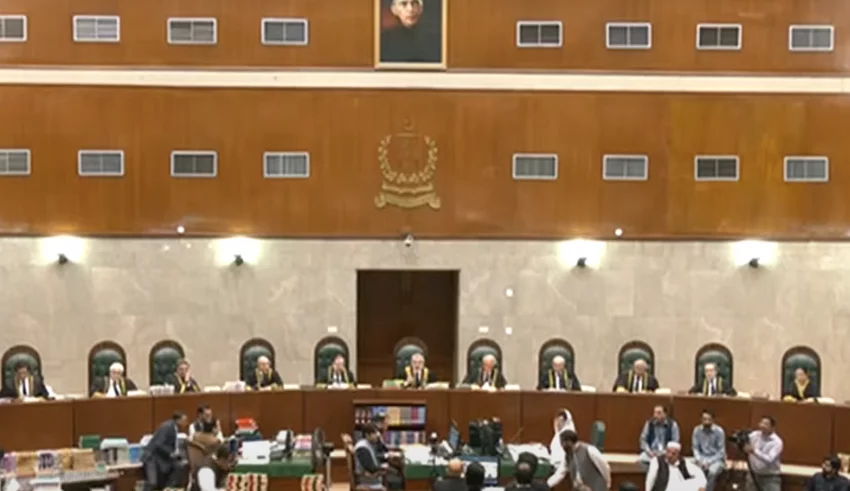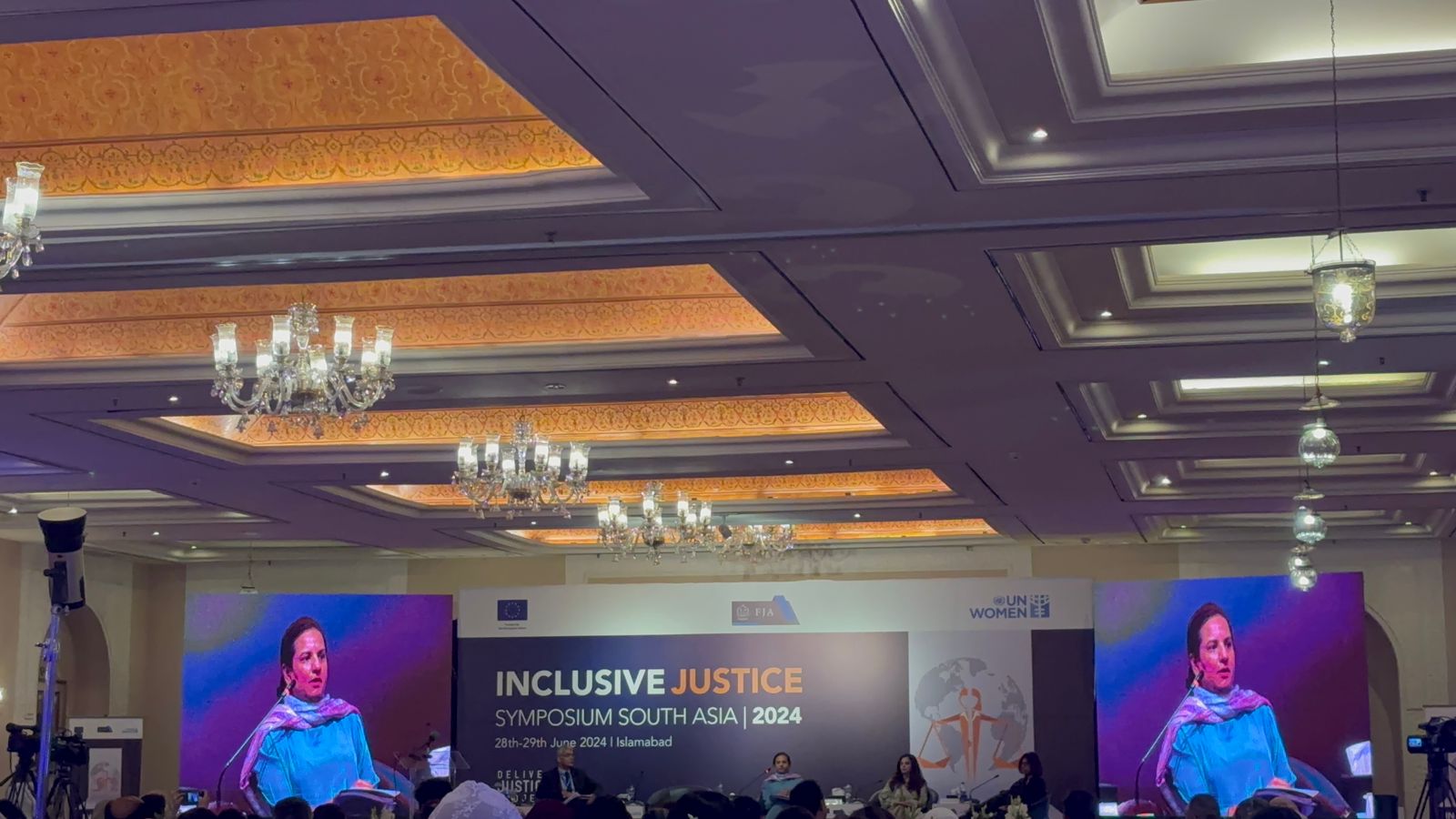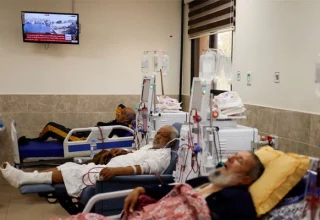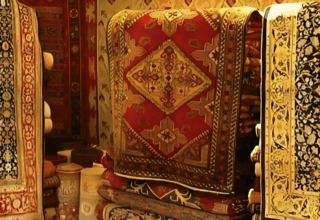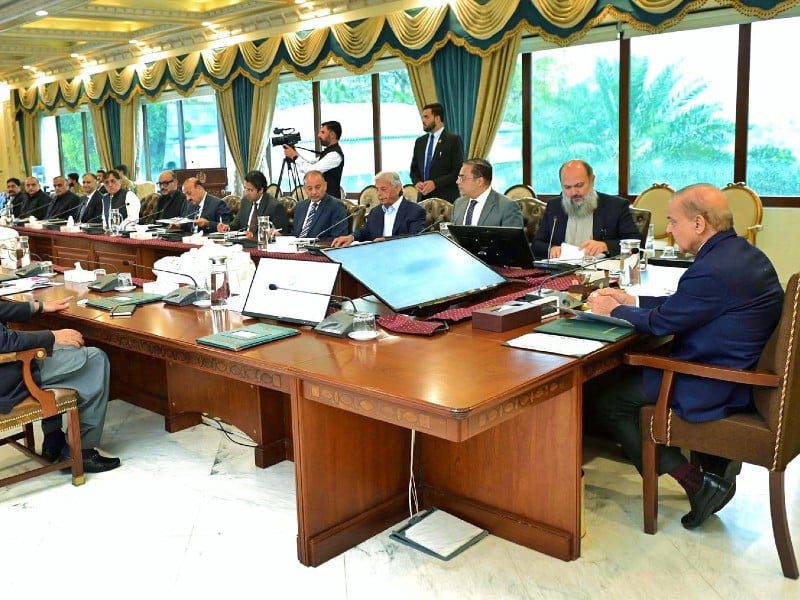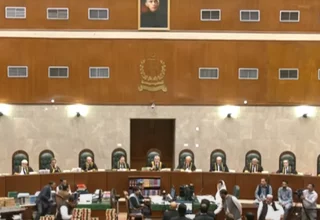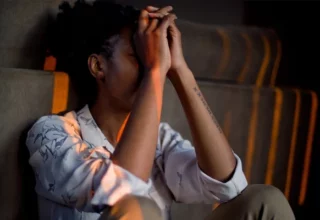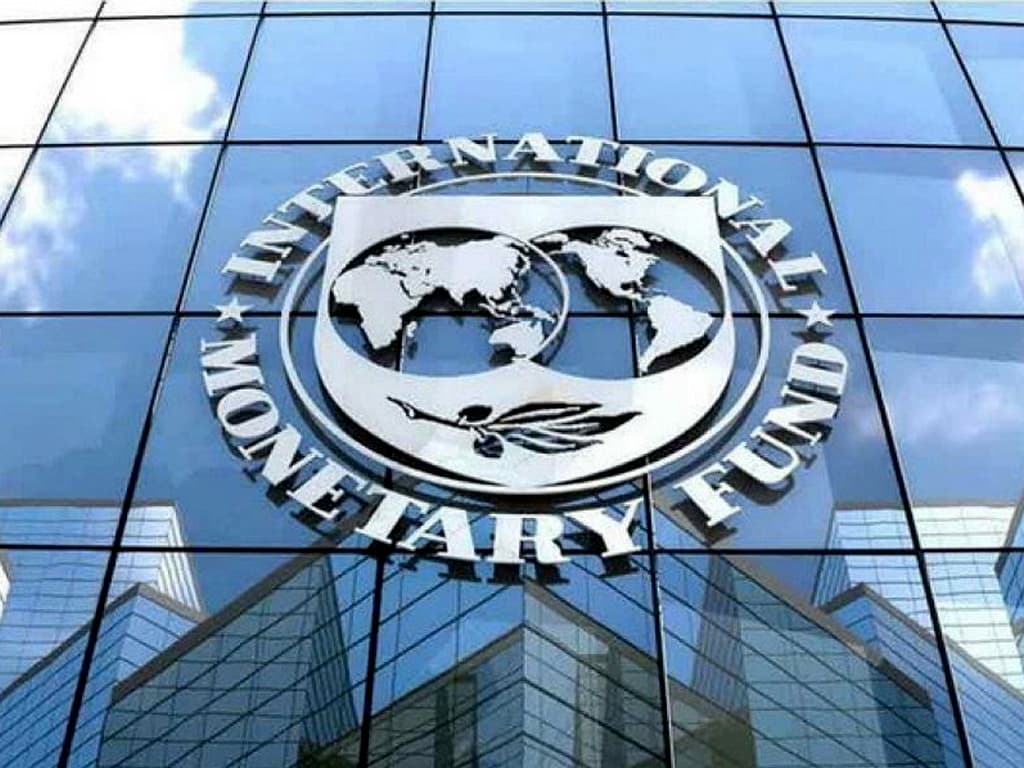A full bench of the Supreme Court, headed by Chief Justice of Pakistan Qazi Faez Isa, is hearing multiple petitions against the Practice and Procedure Act, while in a historic step, the proceedings were broadcast live on television for the first time.
The case hearing has now been adjourned till October 3.
CJP directed all parties to submit their reply by September 25
The court ruled out the formation of benches for the next hearing and it has been told by the CJP Justice Qazi Faez Isa that until the decision of the case, the bench will be constituted by the Chief Justice in consultation with two senior judges of the apex court. He also remarked that he consulted two of his senior judges during the break.
Justice Sardar Tariq and Justice Ejaz-ul-Ahsan also gave consent in the open court.
CJP Qazi remarked: “We write the order for today’s hearing,” and inquired Khawaja Tariq Rahim about how much time he needed to conclude this case, to which, he asked for two days.
Khawaja Tariq Rahim said: “I have seen 32 questions to be answered.”
CJP remarked SC wanted to complete the hearing of the case today, but it was not possible. Chief Justice also instructed to the lawyer present on video link from Lahore to come to Islamabad in the upcoming hearing.
Four cameras of the PTV have been fixed in the guest gallery of the Supreme Court, one at the dais.
The CJP remarked that it was time for the judges to admit to their mistakes. There have been judges who justified military takeovers, but nothing is above the Constitution.
“We need to keep our egos aside and think about Pakistan,” Justice Isa stressed.
The CJP further remarked that it is okay to do less work but it would be better if it is done within the limits.
The federal government requested for rejection of all the applications against the Supreme Court (Practice and Procedure) Act case. It also submitted a written reply to the court.
The petitions against acts of parliament are non-maintainable, the government petition maintained. Parliament can legislate under Article 191 of the Constitution, it added.
Article 191 of the Constitution does not prevent the parliament from making laws. The independence of the judiciary is not affected by the Practice and Procedure Act, the petition stated.
Under this Act, no authority of the Supreme Court has been withdrawn, the petition stated, adding that even on merit the petitions against parliament’s laws are inadmissible.
The chief justice asked who will present arguments as there were nine petitioners in the case. He also said that the full court had been formed on the application of the Pakistan Bar Council.
Justice Ayesha Malik asked that if the full court hears the case then what will be the status of Section 5 of the Act. Will the right to appeal given in Section 5 not be implemented, she questioned.
Counsel for one of the petitioners, Khawaja Tariq Rahim, said parliament interfered in the Supreme Court rules that had been set regarding the full court.
The CJP asked the lawyer to tell the court if the entire law was flawed or some of its provisions.
Parliament’s power to legislate is subject to the Constitution, the lawyer contended, adding the power to make rules and practice and procedure was given to the Supreme Court.
Justice Minallah asked the lawyer if he was content that the sole authority to form a bench rests with the chief justice,
“You are not satisfied that the chief justice should take a decision in consultation with two senior judges,” the judge remarked.
Justice Musarrat Hilali asked if the law has made the CJP powerless.
Justice Akhtar asked if a constitutional amendment should not have been made instead of simple legislation.
Justice Minallah asked the lawyer if he wanted the right to appeal for his client. The lawyer responded that if a good step has been taken through incorrect means it will be wrong.
On being asked by the CJP if Section 5 of the Act was constitutional or not, Khawaja Rahim said it was unconstitutional.
If the independence of judiciary from external elements is important, then internal independence is also important, Justice Minullah remarked, adding parliament has focused on internal independence with this law.
If someone else interferes in the internal affairs of the Supreme Court, it will not remain the Supreme Court, Khawaja Tariq Rahim remarked.
“According to my oath, I will act according to the Constitution and the law. We have not taken suo motu notice in this case,” CJP Isa remarked.
Justice Jamal Mandokhel asked if the counsel sought limiting the jurisdiction of parliament.
Justice Ijazul Ahsan asked if parliament can amend the rules of the Supreme Court through legislation.
Justice Isa asked if the petitioner wanted to make the CJP unanswerable before anyone. He said if the CJP was empowered even more, he could get away with not fixing a case for 10 years.
Justice Minallah remarked that parliament only divided the chief justice’s authority with two senior most judges, asking which basic right has been affected through this. This move of parliament will only strengthen the independence of judiciary, he added.
Justice Mansoor Ali Shah also said that tweaking the authority of the chief justice does not harm the independence of judiciary.
CJP Isa remarked that according to his oath, he was subject to the law and Constitution, and not the Supreme Court.
Just because of the Supreme Court’s Reko Diq case verdict the country suffered a loss of $6.5 billion, the CJP said, adding that even if he was given such an authority he would refuse.
Counsel for another petitioner Imtiaz Siddiqui said the law affected basic human rights by through anti-constitutional legislation.
CJP Isa said there are 57,000 cases pending before the Supreme Court. Justice Minallah said if the law gives a right to appeal it was a good thing. He added that the judiciary’s internal as well as external independence was necessary.
Justice Shah remarked that internationally a CJP does not form benches, they are decided through a ballot. Justice Minallah said parliament had the right to render court verdicts ineffective.
Imtiaz Siddiqui said parliament can only make rules about its internal affairs, adding the issue of rules of the executive and judiciary is separate.


